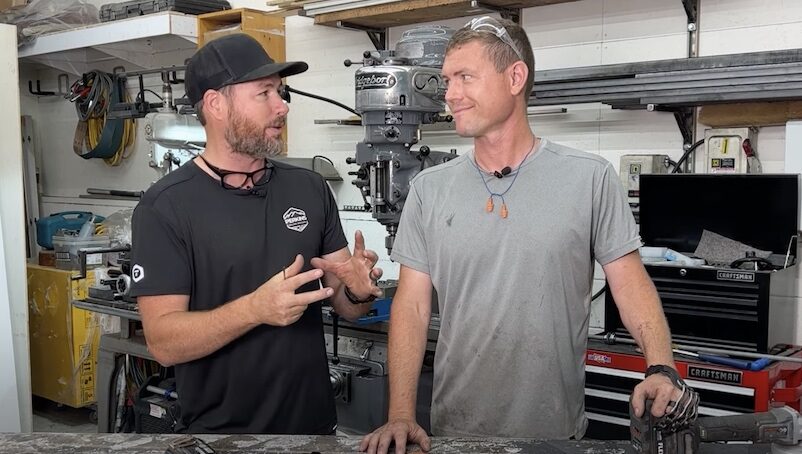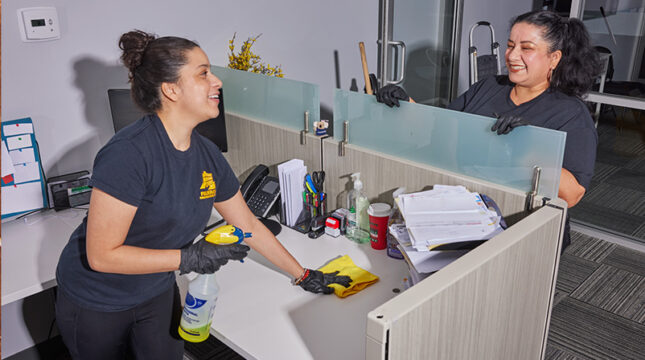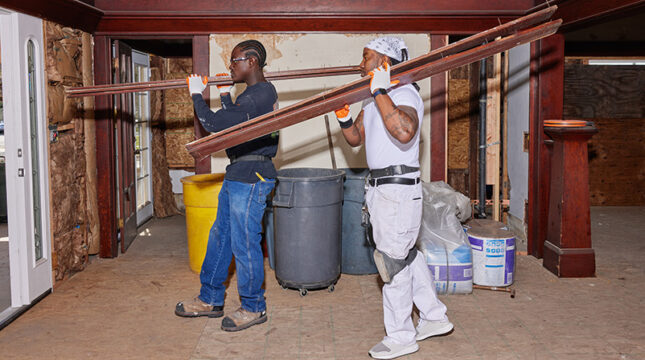Like many small businesses, the Perkins Builder Brothers like to hire employees through personal connections.
“We’re in a small town, so word of mouth is the best way, because everybody knows everybody here,” Jaime says.
Checking a job applicant’s references is a crucial step when hiring a construction employee. Hiring someone through word of mouth makes that simple.
“If they’re in construction, we probably already know their ex-employer,” Erik says.
The Perkins brothers will ask the previous employer: “Hey, did they do a good job? Do you like working with them?”
These questions usually turn up useful information about whether an applicant would be a good fit for your small business — and helps confirm that they’re being honest in their interviews.
A candidate can have great qualifications, but the real test of whether they’re right for your construction crew is how well you work with them. That’s why it’s a smart idea to try out a prospective employee before you extend a formal offer.
Erik explains: “We generally put people on a two-week trial period because we want to see, ‘Can they work? Will they show up? Do our personalities fit together with everyone else on the crew?’” That last point is key, he says, because “having a crew that gets along and has fun together is just as important as the production.”
At the end of the trial period, it’s time to make the big decision, which means being honest with yourself and the potential hire.
Jaime recommends asking yourself: “Hey, is this really working out or not? Can I really see a long-term future here?” If not, then “you just got to end it right there,” he says.
Tips for training new construction employees





